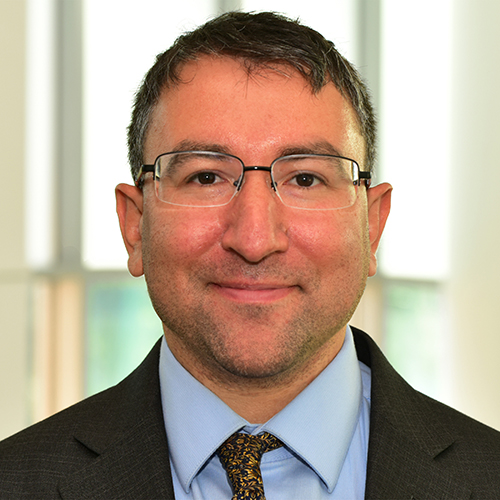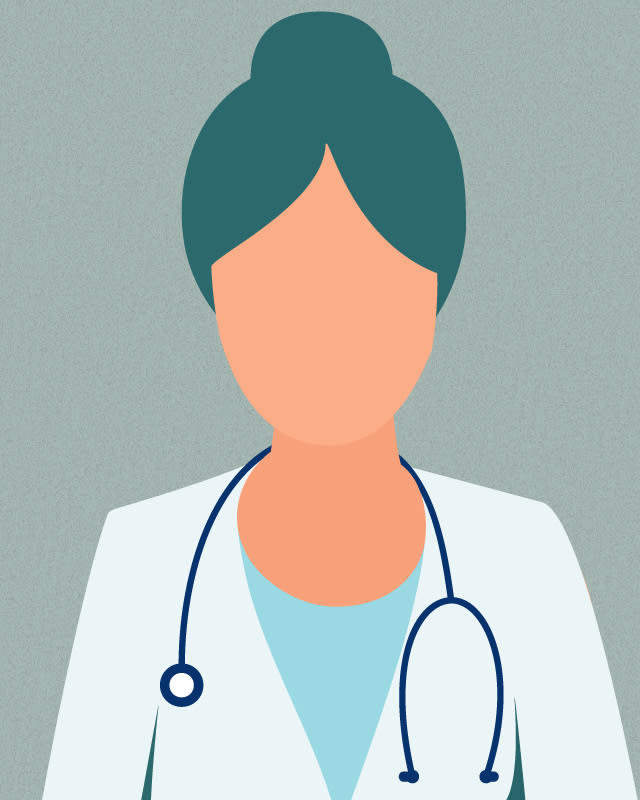Hematology, Oncology: Cancer & Integrative Health Care
Compassionate Care in the Berkshires
At Berkshire Health Systems, we strive to provide our community with access to the highest level of care, without needing to travel far to receive it. Our comprehensive and advanced program prioritizes not just medical expertise but also emotional support. Patients benefit from a dedicated team, including physicians, nurses, and therapists, along with an oncology nurse navigator. Customized treatment plans, blending technology with holistic therapies, cater to each patient’s unique journey. Generous community support ensures many services are free, and financial assistance addresses uncovered costs. It is our privilege to dedicate ourselves to your care.
Our inpatient hospital hematology and oncology care provides comprehensive and compassionate treatment, including inpatient therapies, for individuals facing hematologic and cancer-related challenges. With a dedicated team of specialists, close to home facilities, and personalized care plans, we strive to provide comfort and support throughout the healing process.

Rick Bua’s Cancer Care Journey
Fighting Cancer Together – “They were compassionate and they were kind.” – Rick Bua, Cancer Survivor
Health Take-Away
Accreditations


Locations
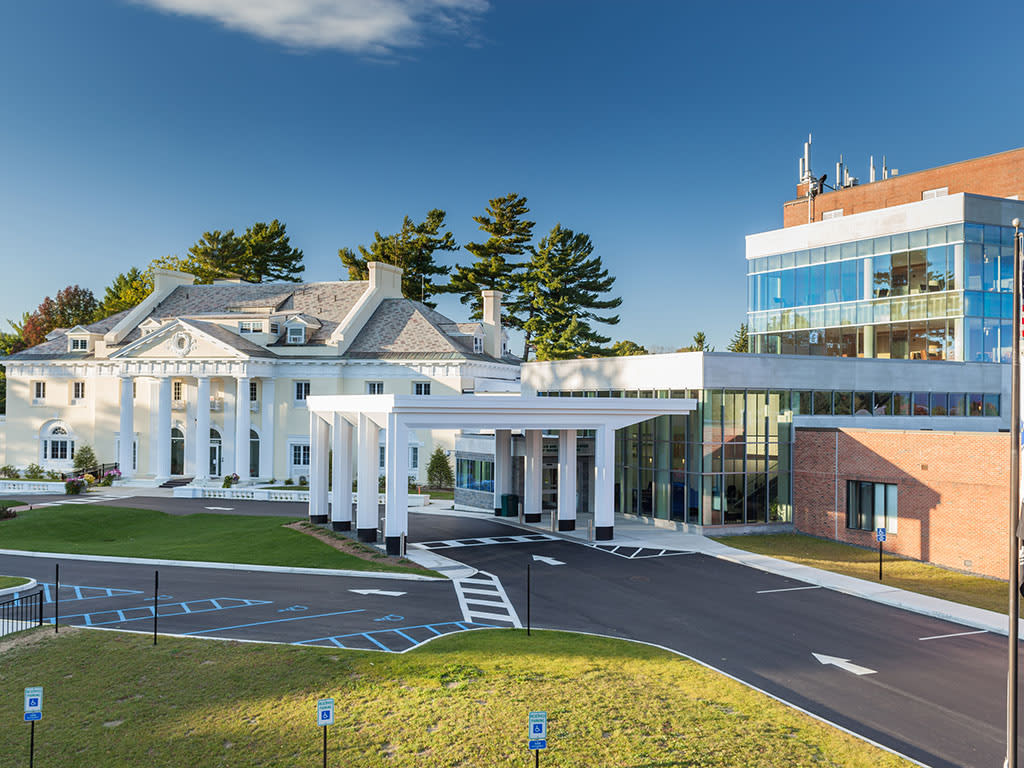

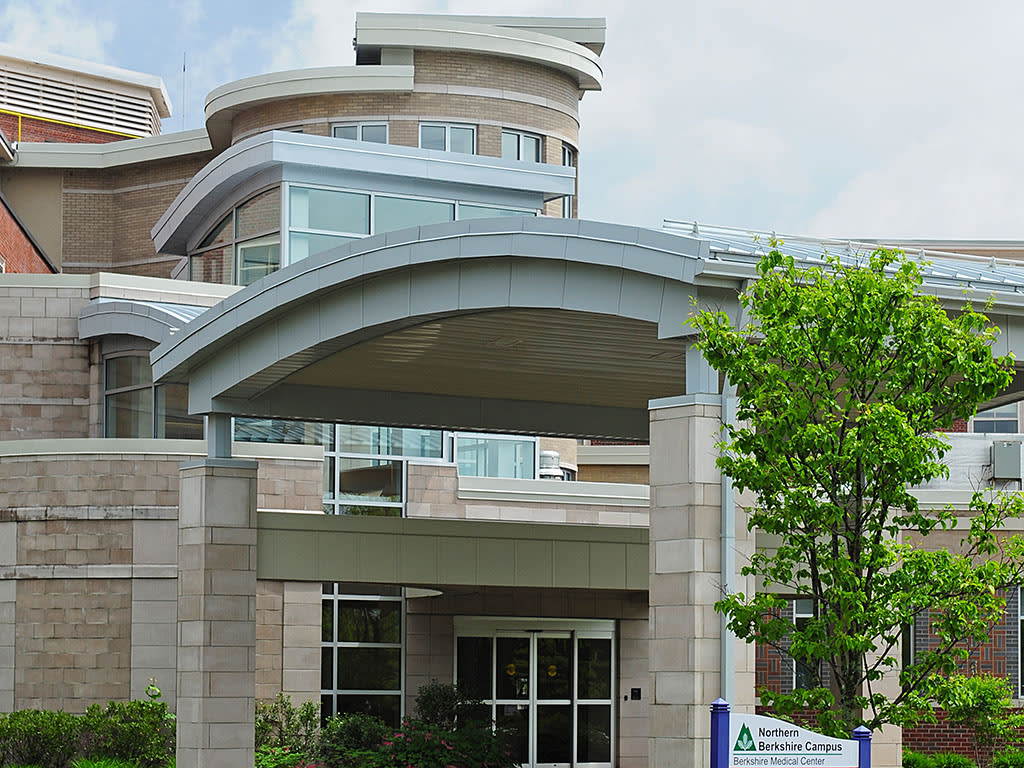

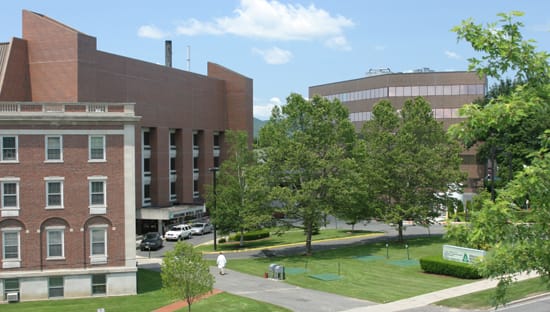
The Phelps Cancer Center
Comprehensive cancer care right here in the Berkshires. Learn more about Phelps Cancer Center and our Integrative Health Programs.




